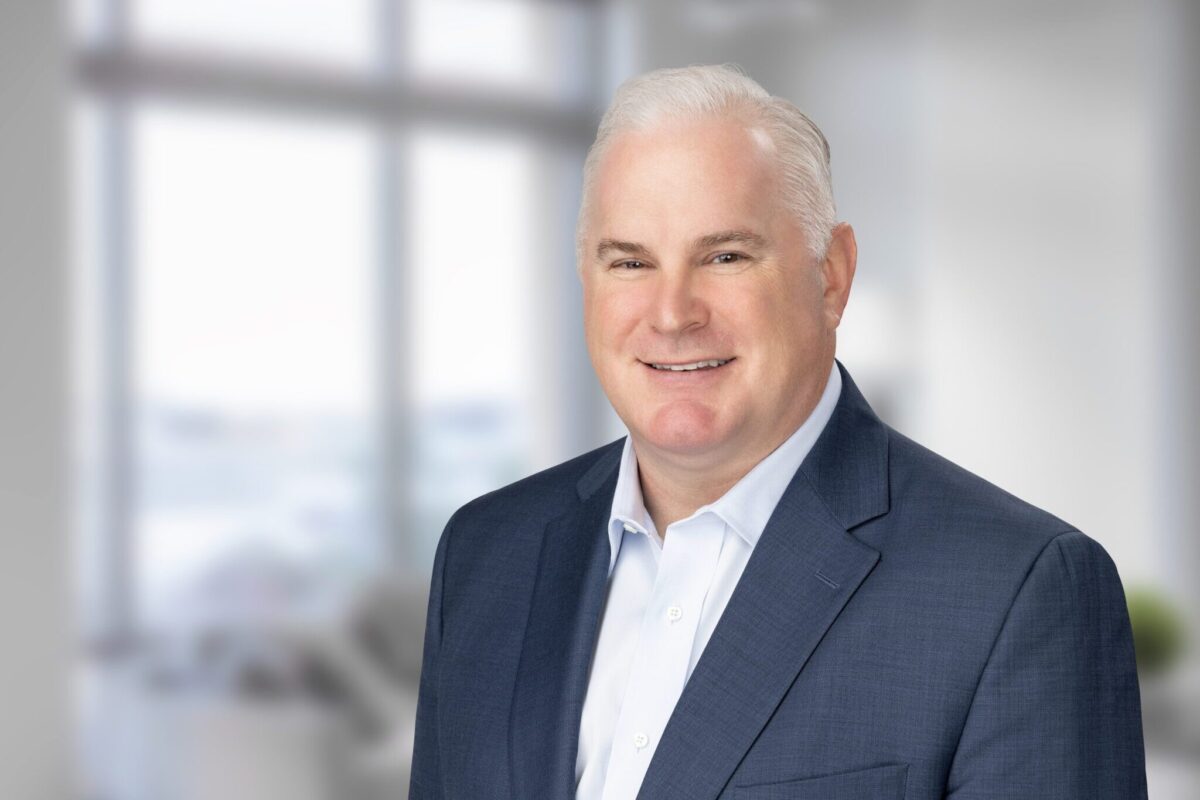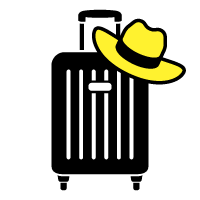Sabre CEO Talks Change: ‘It Was a Business in Need of Transformation’

Skift Take

Leaders of Travel: Skift C-Suite Series
What are the top trends impacting hotels, airlines, and online bookings? We speak to the executives shaping the future of travel.When Kurt Ekert became CEO of Sabre in 2023, he set out to reinvent the business.
Just one week after he took the role, he began a reorganization meant to save $200 million annually. And the company has spent the last couple of years investing in newer tech for airlines, hotels, and travel agencies.
Ekert says the changes are necessary for Sabre to survive in an industry that’s rapidly evolving with advancing technology.
“We're very proud of what Sabre has been historically, but the business we want to create is going to be different than the business that we inherited,” Ekert said in an interview with Skift.
The Texas-based company’s primary business is as the world’s second-largest global distribution system (GDS), which aggregates fares and other information from airlines and shares it with travel sellers.
Ekert joined the company as president in 2022 and then added CEO to his title in 2023. He’s the former president and CEO of corporate travel agency CWT.
Skift spoke with Ekert about the changes Sabre is undergoing and potential for future growth.
The Need for Change “When I joined the company and when I became CEO, I was aware that Sabre was a company with a compelling market position, with a rich history. But in my eyes, that rich history is now an artifact. It's not who we are anymore. It was a business in need of transformation." “If we're going to thrive in this new world, that's about bringing incremental and new
